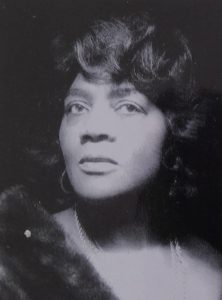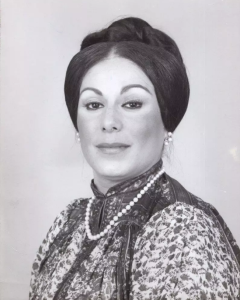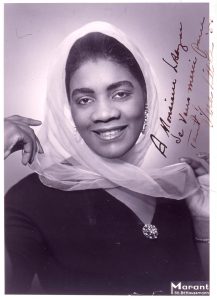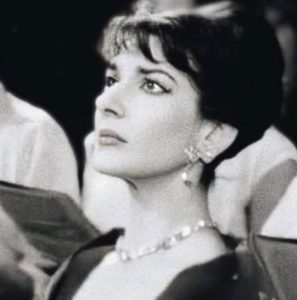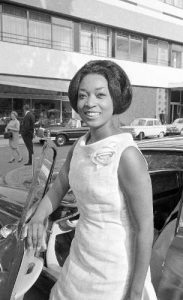Podcast: Play in new window | Download (Duration: 1:49:45 — 116.9MB) | Embed
Subscribe: Spotify | TuneIn | RSS | More
On June 3, 2024, the Berlin Senate’s Department of Culture installed a memorial plaque in honor of African American contralto and Deutsche Oper star Vera Little at her former residence. Little, who lived from 1927 to 2012, and spent the majority of her adult life in Berlin, was a dazzlingly gifted singing actress who sang everything from bel canto to Carmen to creating two roles in operas by Hans Werner Henze. This episode makes use of newly-acquired recordings of Little singing Carmen and Dame Quickly in Falstaff. We also sample the work of Little’s extraordinarily gifted brother, the tragically short-lived jazz trumpeter Booker Little, as well as several excerpts (read by your host) from Tears in My Eyes, published in 1978, the first of Vera Little’s several published books of memoirs and poetry. The episode concludes with the majority of Little’s 1957 single solo recording, Twelve Spirituals, on Decca Records, containing arrangements by Harry Burleigh, William Dawson, and Hall Johnson accompanied by Domincan-French pianist Andrès Wheatley.
Countermelody is a podcast devoted to the glory and the power of the human voice raised in song. Singer and vocal aficionado Daniel Gundlach explores great singers of the past and present focusing in particular on those who are less well-remembered today than they should be. Daniel’s lifetime in music as a professional countertenor, pianist, vocal coach, voice teacher, and journalist yields an exciting array of anecdotes, impressions, and “inside stories.” At Countermelody’s core is the celebration of great singers of all stripes, their instruments, and the connection they make to the words they sing. By clicking on the following link (https://linktr.ee/CountermelodyPodcast) you can find the dedicated Countermelody website which contains additional content including artist photos and episode setlists. The link will also take you to Countermelody’s Patreon page, where you can pledge your monthly or yearly support at whatever level you can afford.
